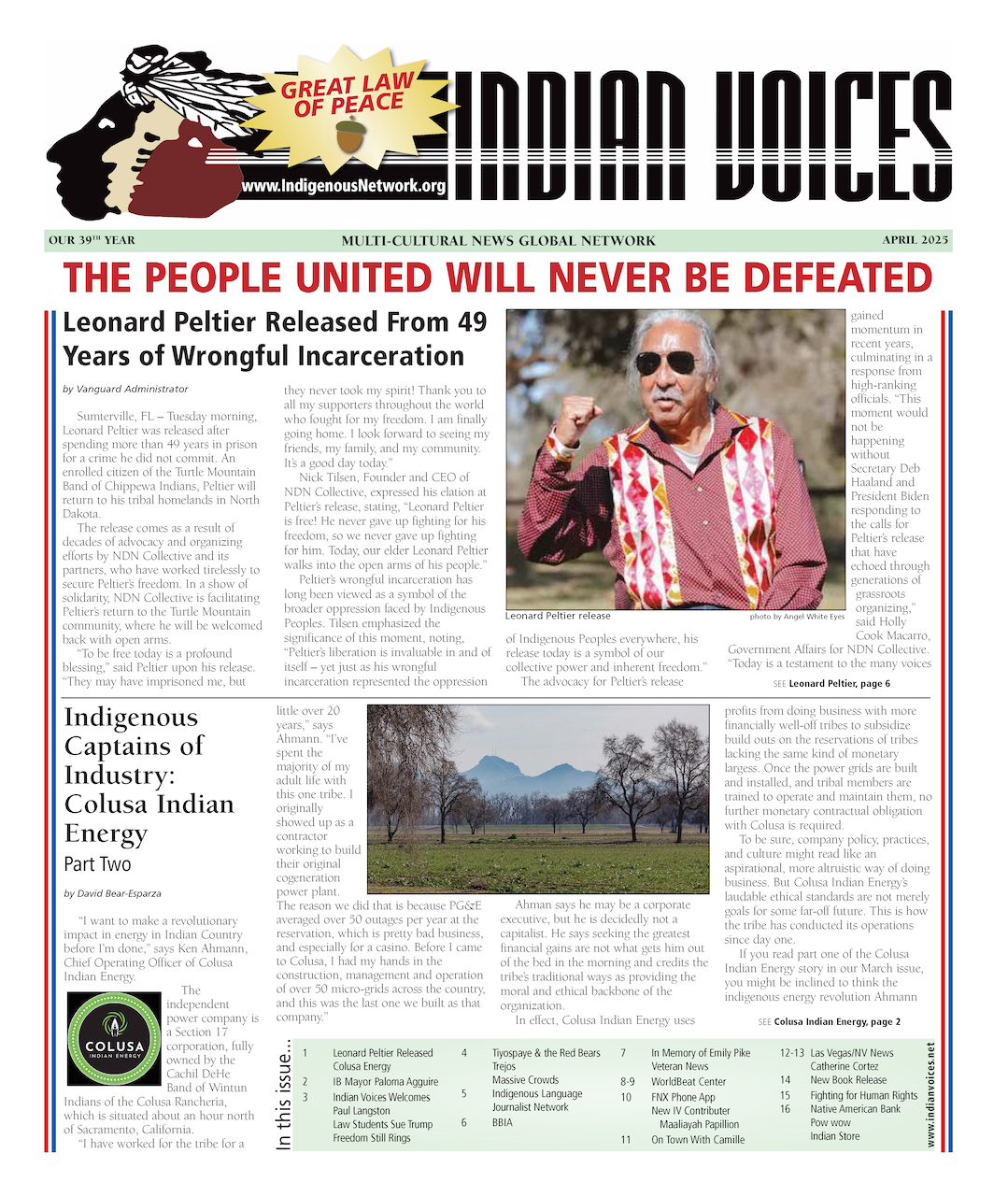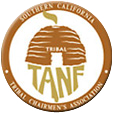On Friday, Dec 7 th the U.S. Supreme Court considered a petition by miners to review a ruling from the U.S. Court of Appeals for the Ninth Circuit that the Forest Service must consult with the Fish & Wildlife Service (FWS) when miners notify the Forest Service that they plan to engage in suction drilling on their claims in the Klamath National Forest. The Karuk Tribe of California, which brought the suit, claims the Forest Service’s mere receipt and review of notices from miners constitutes “agency action,” which triggers an Endangered Species Act (ESA) requirement that it consult with the FWS. That consultation in turn requires the FWS to determine whether ESA species might be affected.
Even if the FWS determines there is no impact, that finding will lead to litigation. In short, the miners will never be able to use their claims, which are their private property.
If the Supreme Court does not reverse this ruling, the ability of miners— and others to whom it will be extended — in the West to earn a living will not be the only adverse impact of the Ninth Circuit’s view of statutory interpretation. In the words of the dissent, the ruling will “undermine public support for the independence of the judiciary, and cause many to despair of the promise of the rule of law.”






